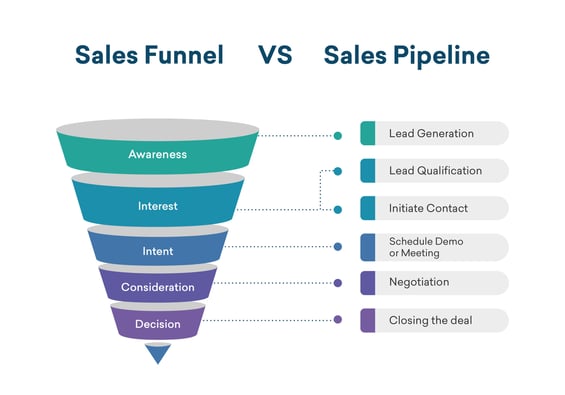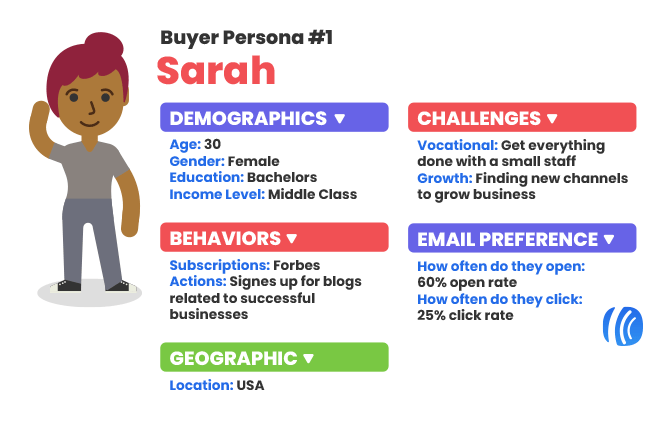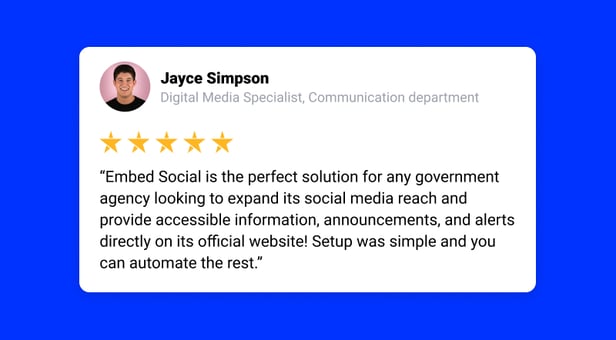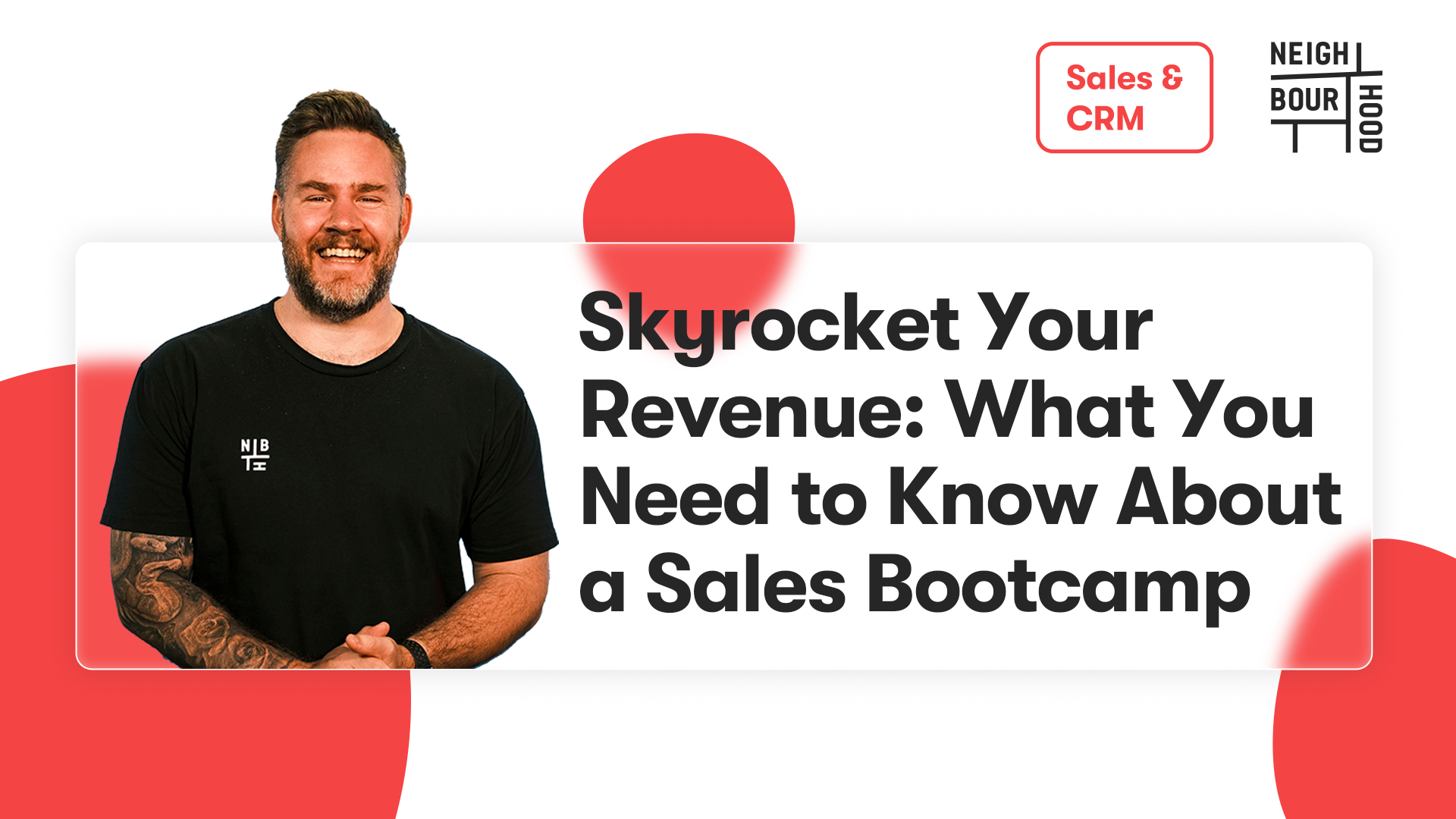Before you break a sweat thinking we're about to give you a rigorous bootcamp that involves infinite burpees - stress less! Think of a Sales Bootcamp as being just as healthy for you, but instead of for the muscles and cardio health, it's for your bottom-line and sales team.
What is a Sales Bootcamp?
A Sales Bootcamp is a structured training program designed to help sales teams and professionals improve their skills, learn new sales techniques, and optimise their existing strategies to build a firm foundation of essential skills. It can be used by both experienced salespeople as well as those just starting out in the sales field. The main benefit of participating in a Sales Bootcamp is that it helps individuals gain the knowledge they need to become more effective sellers and increase revenue for their organisations without the need of investing an unruly amount of hours per week. Additionally, these bootcamps provide an immersive learning experience that allows participants to practice what they’ve learned while getting direct feedback from instructors on how best to apply it. By taking part in this type of program, salespeople gain valuable insight into customer needs, build stronger relationships with prospects and clients, hone their negotiation skills, develop better understanding of market trends and analytics data, master lead generation tactics, refine closing techniques , and much more – all while boosting overall performance metrics for their organisation! Neat, right?
Key Steps in a Sales Bootcamp
The first key step in a Sales Bootcamp is identifying who your people are - and by this, we mean your customers. This involves researching and understanding the target market, analysing customer needs and preferences, and developing a list of potential prospects. By taking the time to properly research potential customers, sales teams ensure they're targeting their efforts at those most likely to enter the sales cycle and (hopefully) become customers.
Once an ideal customer profile has been developed, it’s important to create a sales funnel and process that will guide each prospect through the buying journey. A well-defined funnel should articulate which steps need to be taken when working with leads—from initial contact all the way through final follow up after making a sale. Detailed customer journeys allow for greater reflection on what's working in the sales process, whilst identifying potential bottlenecks that are hindering conversion performance. Additionally, mapping out this process ensures that everyone on the team is clear about what actions need to be taken in order for them to meet their goals.
Having identified ideal prospects and created an effective sales process, it’s now time set appropriate goals and targets for each stage of the sales pipeline as well as overall revenue objectives. Establishing these benchmarks gives sales representatives something tangible to work towards while providing feedback on how close they are getting towards meeting their objectives throughout the program duration. From developing soft skills to core skills, it serves as motivation during challenging times by offering positive reinforcement when milestones have been achieved or exceeded along with constructive criticism when there’s room for improvement needed in certain areas of performance metrics tracking.

Building a Sales Team
Taking part in a Sales Bootcamp doesn't just give you the arsenal to smash sales goals, but it fortify's a sales team that instills confidence in the achieving results that entices conversions and drives revenue. When hiring a crew of sales engineers, it’s important to look for candidates who have prior experience in selling but more importantly, possess certain qualities that deliver a degree of emotional intelligence, enthusiasm and resilience - all essential traits for success in this field. Your team is only as good as you treat and guide them - with ongoing training through the likes of KPI reviews and Sales Bootcamps, you can offer an environment that hones sales skills and ultimately reflects on your businesses sales performance. From optimising prospecting techniques, negotiation strategies and product knowledge, this is how you can become more proficient at closing deals while increasing revenue.
Sure, building a sales team like its the Marvel Universe is great, but a firm understanding creating a customer centric culture where everyone involved – from top level management down - understands that delivering exceptional service is key to achieving long-term growth. A way to integrate this is by putting emphasis on personalised experiences that are tailored specifically towards each individual clients needs, ensuring they feel valued at all times during their journey with the organisation.
It’s beneficial to create incentive programs that reward employees for achieving milestones throughout the process such as closing a certain number of deals within a specific time frame, or increasing revenue by a given percentage across each Quarter. Incentives offer motivation to keep striving towards an attainable goal that fuels the hunger for success - cliche or not, your team wants to feel rewarded for executing their role as sales reps effectively!
Developing a Sales Strategy
Whether you're in a tech sales role or are trying to sell the next best workout plan, you need to develop a robust sales strategy. This entails creating standard operating procedures for how leads should be nurtured, organised, tracked, and ultimately converted into customers. It also involves developing an effective approach to customer engagement by utilising various tools such as sales calls, email campaigns or social media outreach. A well thought out sales strategy will include tactics like analysing competitor activity and incorporating best practices from successful organisations within the industry to ensure you're smashing goals.
Implementing Sales Strategies
With a team assembled and the foundation of a sales strategy in place, it's time to understand who the ideal customer is and what their needs are, as well as identifying where they can be found. We'd recommend creating 'Buyer Personas' to nail down who your people are what gets them over the line to become customers. Neighbourhood has a free Buyer Persona template you can download for free right here! Understanding both customer behaviour and exactly who your customers are gives your sales teams the platform they need to begin reaching out to prospects through methods like email campaigns, cold calling or outbound phone calls.

Implementation is one thing, but fortifying your sales strategy means a strong sales pipeline that consistently delivers sales ready leads. This can be do through conducting regular training sessions, or sales bootcamps amongst staff to ensure everyone remains one step ahead with the latest industry developments whilst giving them an opportunity to practice new skills acquired. This type of continuous learning environment gives your team the necessary resources and support needed for an upwards trajectory - not just for your sales KPI's, but throughout their time at your organisation.
Optimising your Sales Pipeline
Once your sales system has been fortified, it's important to identify bottlenecks - from transitioning across the customer journey, to developing effective strategies for handling objections. This involves asking questions that help uncover customer needs and then developing a plan that addresses any potential problems or concerns they may have. This is where the power of customer reviews come into play. Customers listen to other customers. Utilising various measurement tools such as surveys or feedback forms aid sales reps in understanding how successful their processes are and where improvements need to be made - both on a product and customer service level.

You are the product of your results, hence why leveraging analytics data can be beneficial when developing a comprehensive approach for targeting leads and improving conversion rates. Data analysis tools allow salespeople to track key metrics such as customer response rate, average time spent on each call or email. This is essential for assessing performance levels of individual team members or entire departments. By having visibility into these KPIs, your business can identify areas of improvement whilst building upon successful strategies already being implemented. Amongst team improvement, leaning into analytical data also provides a vision on where your industry is heading through the like of market trends. This allows companies to stay ahead of competition by adjusting their tactics accordingly depending on changes in consumer behaviour which naturally arise over time.
Having access this type information at fingertips provides invaluable insights when it comes making decisions about future investments & other strategic initiatives aimed achieve maximum return on investment from each campaign launched.
Participating in a sales bootcamp offers a map on building an effective sales team, nurturing new strategies whilst offering an opportunity to sharpen the tools of sales reps. From developing an effective sales system that aligns with overall goals and objectives, to honing down on bottlenecks in the sales process, a Sales Bootcamp can kick your businesses sales strategy up a notch.
Think your business could benefit from a Sales Bootcamp? See how Neighbourhood helped a financial planning organisation improve conversion rates by 15% whilst saving over 8 hours of manual labor every month for their marketing team through diligent internal sales and marketing processes right here!
Otherwise, reach out to see how Neighbourhood could optimise your sales strategy by contacting us below!


